dōu, dū
metropolis
Phonosemantic compound. ⻏ represents the meaning and 者 represents the sound. Based on the meaning "large city, capital", which is the meaning when pronounced "dū". When pronounced "dōu", it has the unrelated meaning "all", etymologically related to 多 (many).
Evolution

Bronze script
Late Western Zhou (~800 BC)
Seal script
Shuowen (~100 AD)
Clerical script
Eastern Han dynasty (25-220 AD)Regular script
ModernDefinitions
Most common words with 都
Freq. | Word | Meaning |
|---|---|---|
all | ||
city | ||
Chengdu subprovincial city and capital of Sichuan province 四川 in southwest China | ||
all | ||
capital (city) |
Component uses
Sound component in 1 character (0 verified)
Sources
